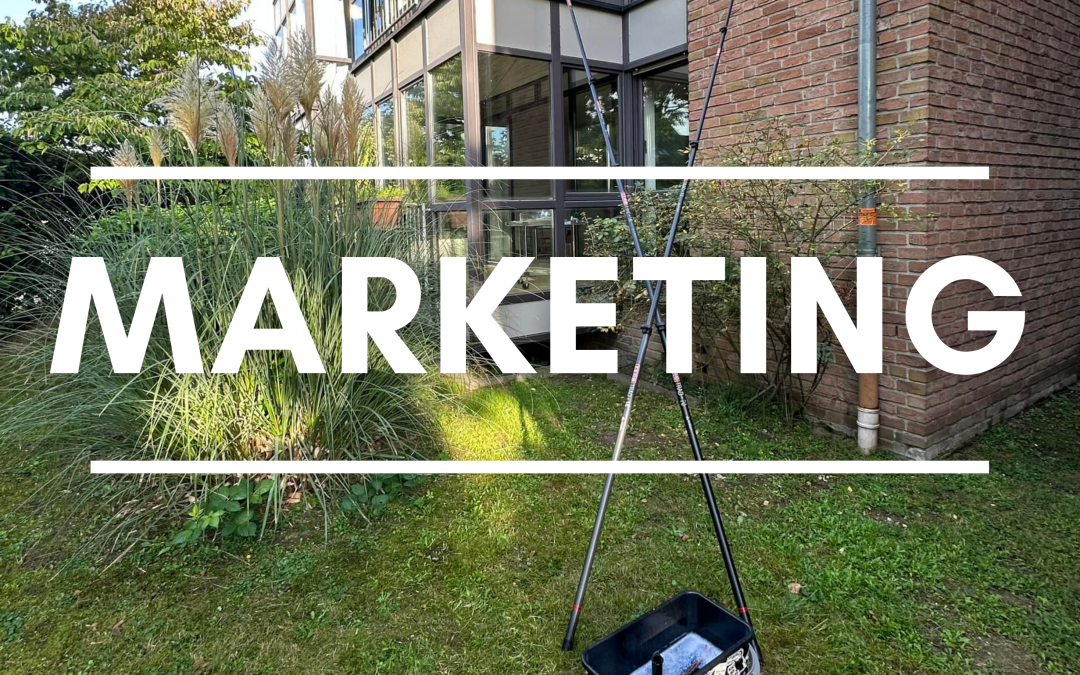The merger and acquisition world has picked up steam in recent years. If you’ve been in business for a while, chances are you have received a call from someone wanting to buy your business. Consolidation, in most industries, is the driver behind this increase. Restaurants, cell phone providers, waste management, and video rental stores (if you can remember those) have each been consolidated by private equity groups. The attention of these private groups has now shifted to the service industry world.
When my brother and I first began the process of selling our business in 2018, we didn’t know anyone who had walked the same road of selling something they had put thousands of hours into for nearly 20 years. We started our company Krystal Klean, a cleaning and coating business, from the ground up in 2000. It was just 2 of my brothers, me, and my sister-in-law working nonstop, barely making ends meet. Starting a company involves risk, tenacity, and a ‘never quit’ attitude. Being a small business owner is not for the faint of heart or those easily deterred by hardships.
Upon receiving a random call from someone asking to buy our company in late 2016, our knee-jerk response was absolutely not, even though the person on the other end of the line was likable and understanding. They said that if we ever changed our minds, please reach out. The seed was planted. The thought of selling was now there as a possibility. A year passed, and the same gentleman called us up again. This time we thought, “What do we have to lose by looking at an offer?” Again, we walked away, saying, “Thanks, but no thanks.” We were still working hard, and our company was growing. In your 30s, you’re not thinking about calling it quits and cashing in.
We let another couple of years roll on, and the thought of selling sounded like music to our weary ears. Our families were growing, and time was slipping by. In June 2019, the seed that was planted came full circle, and we sold our company after working 20 years side by side.
I left the company and hit the open road with my family, with endless possibilities ahead of us. It was me with my wife and kids in a fifth-wheel trailer for five months. We traveled to National and State Parks, visited friends we hadn’t seen in a long time, and checked off some bucket list items. We reveled in our time together as a family, making memories that would last a lifetime.
Early on, our Grandpa, a cranky Italian pool contractor and a business mentor to my brother and me, said, “Tony, work this business as hard as you can, but someday you’re going to throw your squeegee on the ground and not look back.” He didn’t get to see the day his words came to fruition, but he saw it coming. One thing that motivated our decision to sell was wanting to try new things and other industries. We knew and enjoyed the cleaning industry but always wondered what else was out there just over the horizon waiting.
Another motivating factor was that 90% of our net worth was locked up in our business. This is often the case with small business owners. As we continue to reinvest in growth over the years, more and more of our net worth is tied up in the company. Some people are just ready to retire and don’t have a child interested in or capable of taking over the family business.
When it comes to maximizing your sale price, there are some things that you should keep in mind. The first thing I tell everyone is to keep clean books. Buyers and banks can only pay on the numbers that you can verify. If you do cash deals under the table, these transactions can’t be traced, so it’s difficult for a buyer to value them. Many sellers also write off personal items for obvious reasons of wanting to spend less in taxes. However, this can hurt your sale price. A buyer wants to know what they can expect your company to make in profit each year. Most deals are financed through banks, so a buyer must show the bank that the company’s profit is enough money to justify the loan. If you can’t show this with clean books, your company will not go for top dollar.
Another factor affecting your sale price is whether your business is growing or shrinking. If a company has shown a few years of growth, a buyer will assume it is a healthy and on an upward trajectory. If a company has a trend line down, a buyer will assume something needs to be fixed and, therefore, not be willing to pay as much for the business.
I am often asked; how will my employees be treated if I sell. If you are a successful entrepreneur and business owner, you care about how your customers and employees will be treated after selling. Investors buying your company need your employees and you as well. In our story, my brother stayed on and continues to run the company. Knowing that a buyer needs your people to continue to operate at a successful level helps. We have been encouraged to watch people we worked with continue to grow, develop, and excel at their trades and see it reflected in their increasing pay and benefits. Selling to a larger company often gives your talent greater opportunity than they had working in a smaller company.
When looking to sell, give yourself some time. A buyer often wants an owner to stay on for at least a year and sometimes two years after buying a company. Purchasing a service company and having the owner walk away is difficult. There is too much information in your head as well as many relationships. An exception to this would be a company where the owner has everything managed out and is truly an absentee owner. For most sellers, if you want out in 2 years, you probably want to be engaging in talks with prospective buyers now.
I encourage anyone considering selling their company to discuss it with people who have walked this road before. Have a frank and open dialogue on the pros and cons and things they may have done differently.
Going through this final phase of a business cycle can be stressful. Emotions can arise when discussing something you have invested decades into.
After seeing life on this side, I’m grateful for my flexibility and the privilege of being a business owner. Many experiences and opportunities have been made possible on this side of selling our company. Please don’t hesitate to reach out if I can be of any service as you go through this process.


Would love to talk with you more on this. Thank you for sharing your story
Excellent article
Good article thanks for the insight! Been looking at possibly selling my business as I have a very rare stage four cancer now and have about 6 months, but praying I can beat it. The plan is to give the money to family. How do you equate things to come up with how much you’d sell the business for? Thanks for your time! Jeff
I also would like to know how you came up with your final selling price. How do we reach out to you?
Wouldn’t mind bending your ear on this topic as well. Please reach out to me via my provided email.